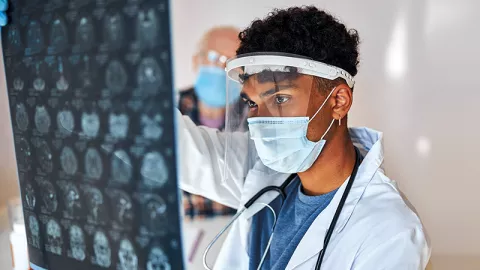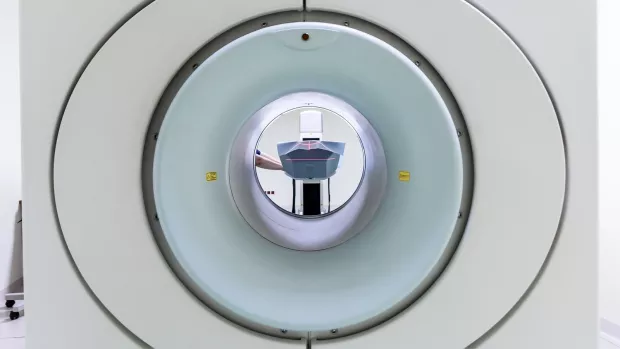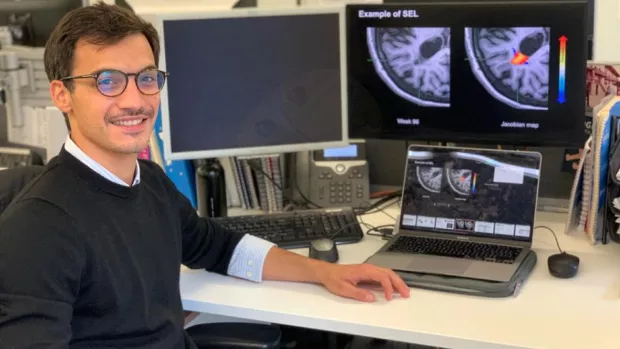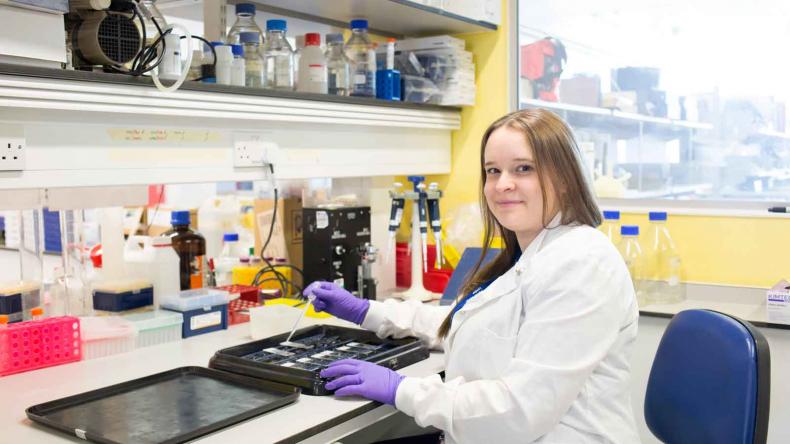
New research shows AI may help doctors interpret MRI scans more accurately
MRIs can track how your MS progresses and help doctors make recommendations about which treatment may be best for you. Researchers have now found artificial intelligence (AI) may help detect changes on MRI scans more accurately.
AI has started playing an important part in many areas of our lives, including healthcare. Researchers in Australia investigated how we can use AI to make MRI reports more accurate. They found AI may help us detect changes in an MRI, such as new or growing lesions, more accurately.
That’s important because MRI can help your doctor to check if your MS is progressing, even when you don’t have relapses or new symptoms. And more accurate MRI reports may help your doctor make better recommendations about which treatment is right for you.
What did the researchers do?
The researchers looked at MRIs from people with MS that were taken between 6 and 29 months apart. They compared three different outputs:
- The routine MRI report (this is the report you normally get from your clinician when you have an MRI).
- A special MRI report written by a trained expert at an MRI lab. The experts followed very strict guidelines to make it as accurate as possible.
- Information created by a specialised AI program.
What did the researchers find?
The researchers found AI was consistently better at finding new or growing lesions compared to the routine MRI report provided by the care team and the report written by a trained expert at the MRI lab. Finding slowly growing lesions is important because it can be a sign of disability progression, especially when someone doesn’t have active relapses anymore. It’s what we call “smouldering” MS
AI was also better at finding loss of brain volume than the routine MRI report. It found loss of brain volume at a similar level as the trained experts at the MRI lab. Lower brain volume can be a sign that nerves are being damaged. And it's been linked to progression of disability, so it’s important we detect it on MRIs. But it can be very difficult to detect by simply looking at a scan.
How may it help people with MS?
The results don’t mean routine MRI reports are not good or that AI will replace them entirely. But it shows AI might be a useful tool to help detect additional changes more quickly and reliably.
In the future, AI might help doctors detect early signs of progression that the human eye isn’t able to spot, especially when you don’t have any new symptoms yet. This could help doctors give recommendations on what might be the most suitable treatment for you. And it could be used in research to better detect if a new treatment is slowing down progression.




